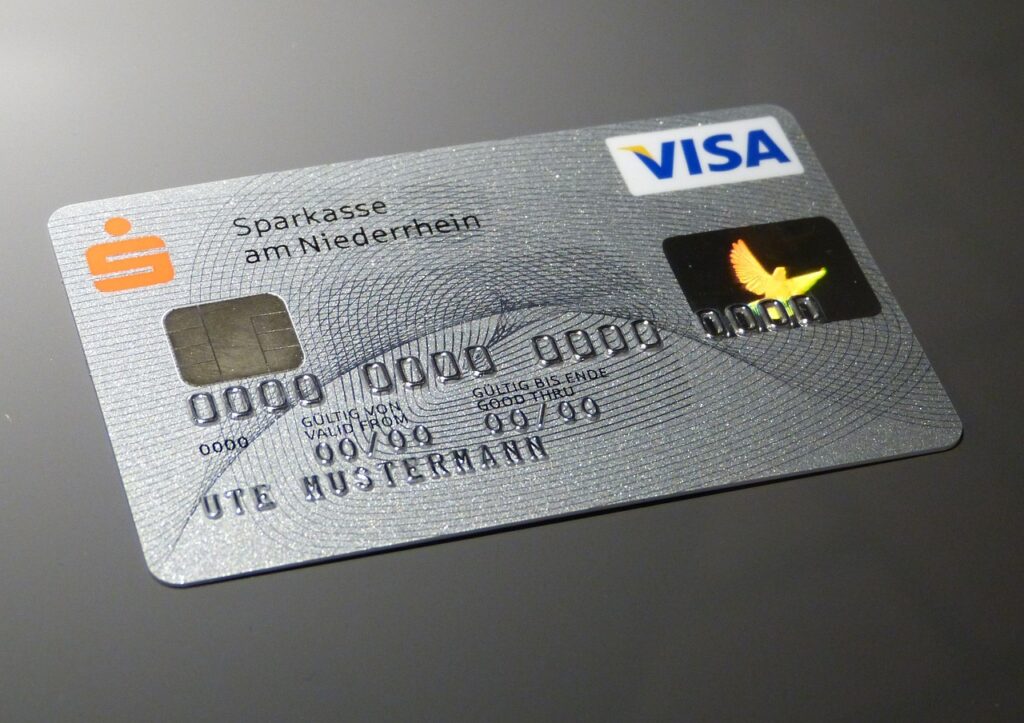Economic Abuse in Marriage

Economic abuse involves controlling a spouse’s access to financial resources to the extent that they are unable to support themselves. While primarily a form of psychological abuse, under tort law, it could be argued as intentional infliction of emotional distress (IIED) or fraud, depending on the circumstances.
Examples of acts that fall under economic abuse
- Financial Control: Denying a spouse access to shared funds, even for basic necessities.
- Sabotaging Employment: Preventing a spouse from working or ruining their job prospects.
- Exploitation: Draining the spouse’s personal income or assets without their consent.
Real Case Example
Economic abuse has been addressed in some family law cases, such as in Kurek v. Kurek (a Canadian case), where economic manipulation became a factor in the court’s decisions on spousal support and division of assets.
Possible Judgment
Courts may award:
- Restitution: Reimbursing the victim for stolen or misappropriated funds.
- Compensatory Damages: Covering the financial and emotional harm caused by the abuse.
- Equitable Asset Distribution: Ensuring the victim receives a fair share of marital property.
Take Home
For potential victims economic abuse in marriage
- Keep detailed records of financial transactions and behaviors that feel controlling or abusive.
- Seek legal assistance to protect your financial rights and access shared assets.
For potential perpetrators economic abuse in marriage
- Understand that financial control erodes trust and stability in a marriage. Strive for equitable and transparent financial practices.
- Seek financial counselling if you struggle with control or trust issues around finances.
For Everyone
- Establish clear financial agreements early in the marriage to avoid misunderstandings.
- Promote financial literacy and collaboration as cornerstones of a healthy relationship.







